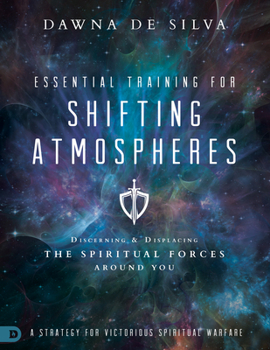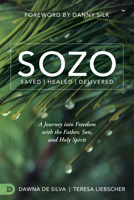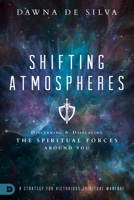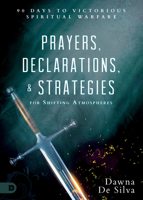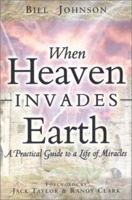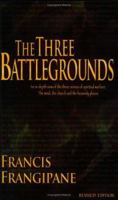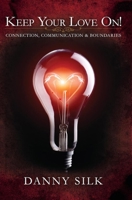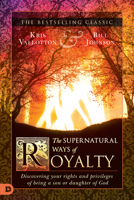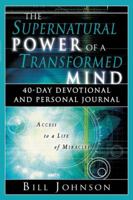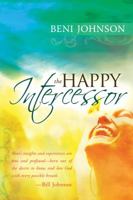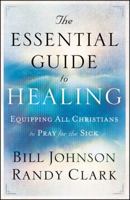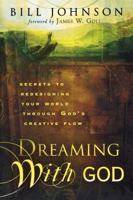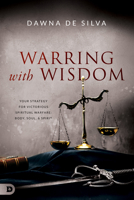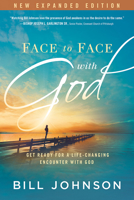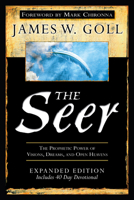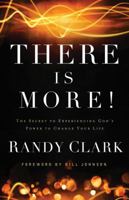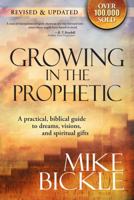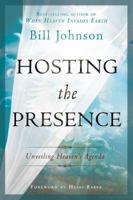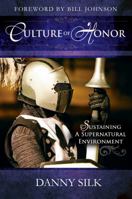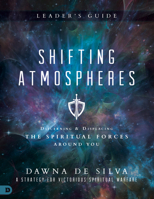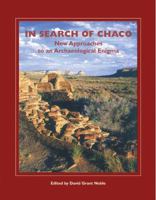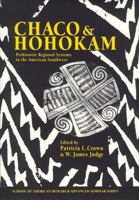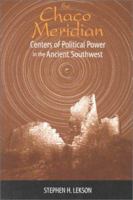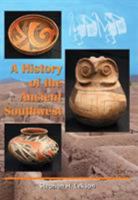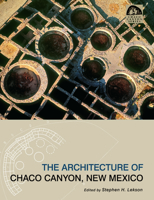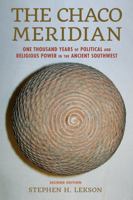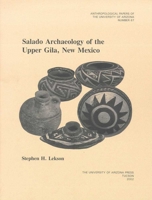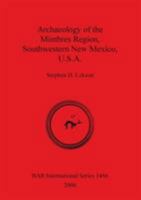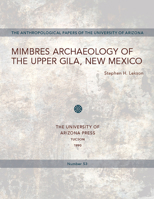Essential Training for Shifting Atmospheres: Discerning and Displacing the Spiritual Forces Around You
Select Format
Select Condition 
You Might Also Enjoy
Book Overview
Push back the darkness The atmosphere around you is alive with unseen spiritual activity--a battle between forces of darkness and light. You can take dominion over the supernatural environment for the Kingdom of God Dawna De Silva presents a strategy for spiritual victory. Get ready to discern the enemy's tactics and learn how to use your weapons of warfare to enforce Jesus' victory over forces that war against your mind, your family, and your region Don't be blind to the unseen reality--every Christian is in the midst of a supernatural conflict. Don't fall victim to the enemy Every Christian can release God's power into places and situations under the influence of evil. Through the power of the Holy Spirit, you can transform your spiritual environment from darkness to light. Dawna De Silva shows you how. Through her revelatory teaching, you will learn to... Discern the spiritual atmospheres and forces at work around you Draw from the Holy Spirit's presence within you to release God's Kingdom power Demonstrate the authority of Jesus over the powers of darkness Join the fight When God's Kingdom advances, darkness must flee. Also available: Shifting Atmospheres book, Shifting Atmospheres DVD Study, Shifting Atmospheres e-Course This description may be from another edition of this product.
Format:Paperback
Language:English
ISBN:0768415691
ISBN13:9780768415698
Release Date:September 2017
Publisher:Destiny Image Incorporated
Length:192 Pages
Weight:1.25 lbs.
Dimensions:0.4" x 8.5" x 10.9"
Related Subjects
Americas Biographies Books & Reading Business & Investing Criticism & Theory Education & Reference General History History & Criticism History of Books Literary Criticism Literary Criticism & Collections Movements & Periods Schools & Teaching World Writing Writing, Research & Publishing GuidesMore by Stephen H. Lekson
Customer Reviews
10 customer ratings | 5 reviews
There are currently no reviews. Be the first to review this work.











